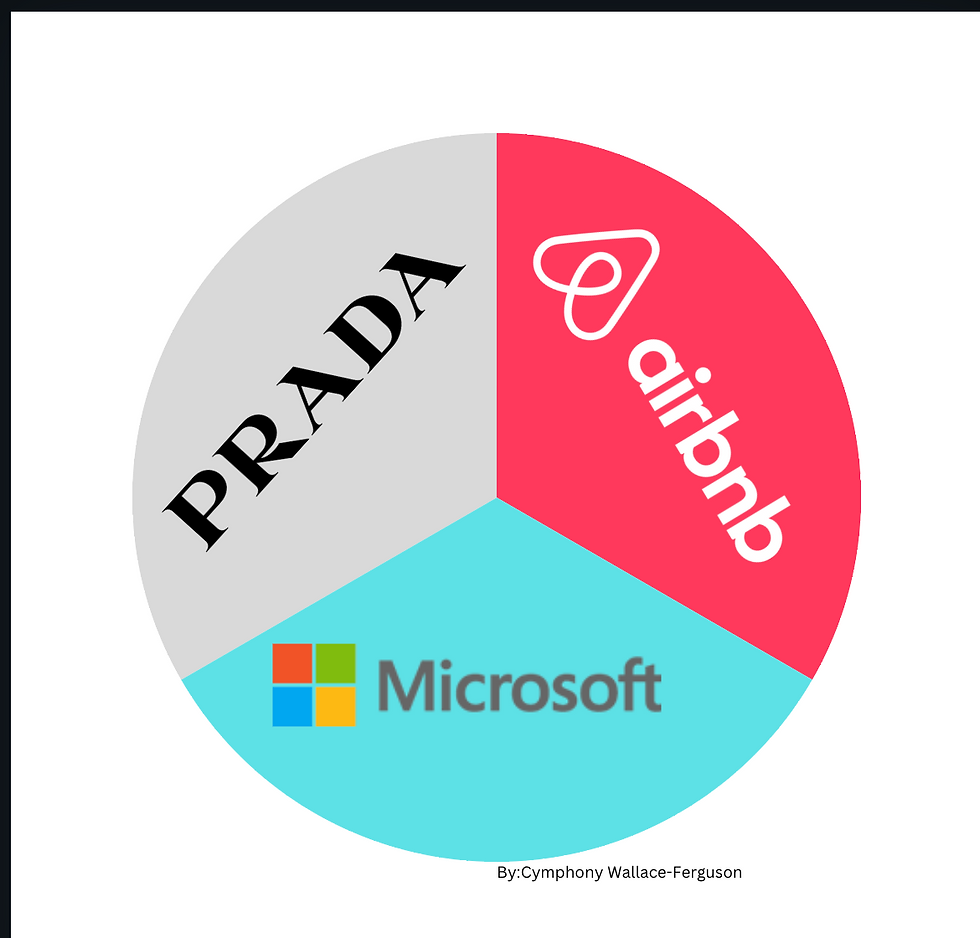Mastering Market Research: Surveys vs. Experiments
- Cymphony Wallace
- Dec 6, 2024
- 3 min read
CWF Marketing
What is a Market Research Survey?

A marketing research survey can be defined as a way to get feedback directly from persons who have the ultimate say in your organizations success (qualtrics.com), also known as your customers. They are used for very broad but descriptive data and can range from multiple-choice, open-ended questions, metric etc. Surveys are not only used to collect descriptive data from your customers, but they are also used to discover market trends, behaviors, attitudes, psychographic information, and more. It gives the company a closer look into how their customers think or feel concerning a certain brand or topic. Surveys are used for very broad but descriptive data.
A marketing research survey can be defined as a way to get feedback directly from persons who have the ultimate say in your organizations success (qualtrics.com), also known as your customers. They are used for very broad but descriptive data and can range from multiple-choice, open-ended questions, metric etc. Surveys are not only used to collect descriptive data from your customers, but they are also used to discover market trends, behaviors, attitudes, psychographic information, and more. It gives the company a closer look into how their customers think or feel concerning a certain brand or topic. Surveys are used for very broad but descriptive data.
What is a Marketing Experiment?

A Marketing experiment can be defined as a form of market research in which the goal is to discover new strategies for future campaigns or validate existing ones (Hubspot.com). In such experiments, there is one or more independent variables that are manipulated, and it is observed how it impacts a dependent variable. This kind of experiment can be a bit more casual, and can assist marketers in understanding the impact of certain changes on consumer behavior or outcomes. It helps optimize marketing efforts through data-driven testing.
Similar to market research, marketing experiments has advantages and disadvantages. Some of the main strengths are that it gives the marketers concrete evidence about whether the changes they are considering making work or does not work, offers the ability to isolate specific variables and see how they can impact your company, and reduces the risk of costly changes by constantly testing before fully implementing the experiment. Similarly, the disadvantages are that the experiments require careful planning and control to ensure reliable results, can also be time-consuming, and use a large amount of resources especially If the testing is done on a large scale. Lastly, external factors outside of the experiment can influence the results, which can lead to misleading conclusions.
When Should You Use Them?

Surveys should normally be used when you are doing exploratory research, such as understanding customer preferences, attitudes, or motivations; when you are trying to guage the size of the market/demand; when you are looking for feedback from your customers about a product, service or experiment; and lastly, when you are capturing data to understand major market changes over time.
Marketing experiments, on the other hand should be used when you are testing different marketing tactics and need to find the most effective approach; when you have different hypotheses that need testing; when you are launching a new product and want to know which one your users gravitate to more; and lastly, when you are experimenting with changes in a websites interface and want to know which elements users look at or click to maximise conversion rates.
Understanding the differences between marketing research surveys and experiments is the key to building an effective strategy.In essence, surveys are best for gathering broad insights, while marketing experiments provide targeted, actionable results. Using both approaches can strategically enable more informed and impactful decision-making, which is extremely beneficial for the company.


Comments